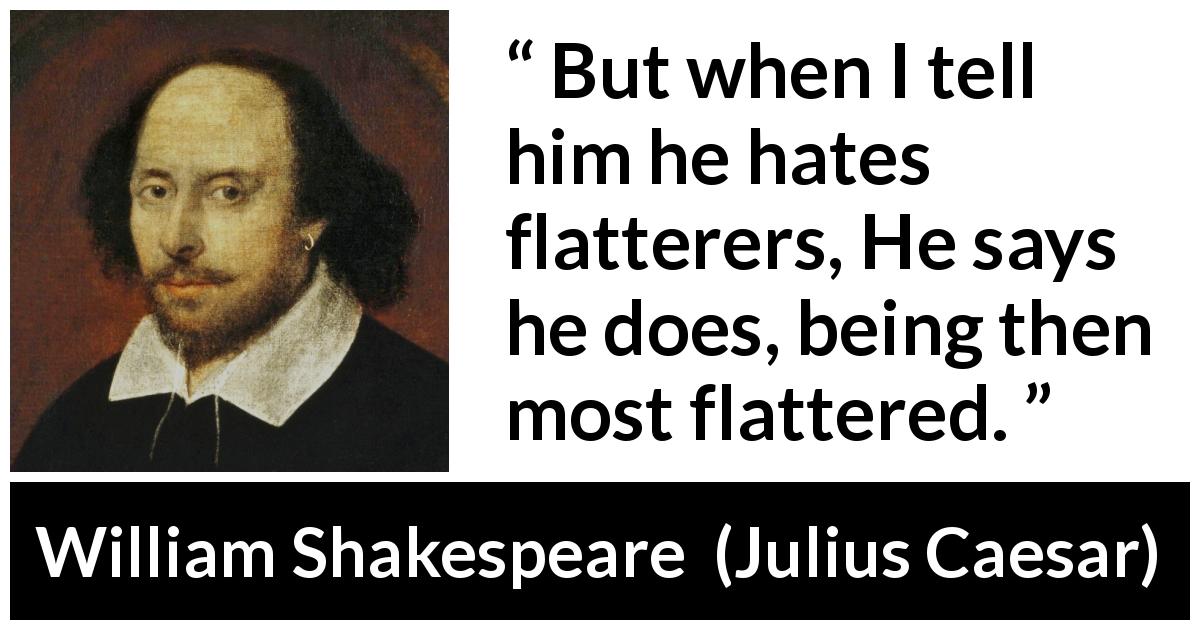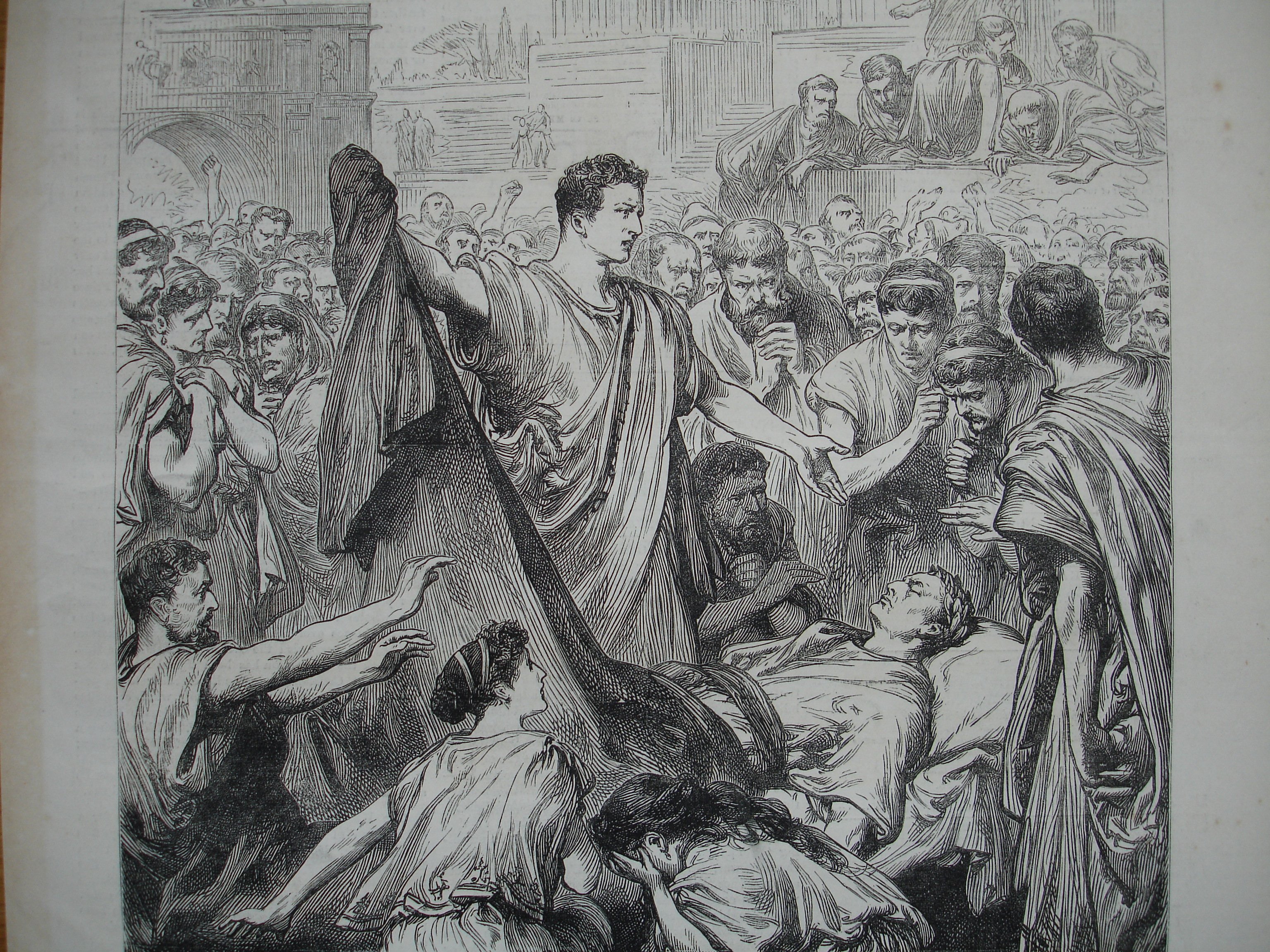
Caesar is a powerful confident man who leads great armies and effectively rules the Roman empire, yet he is not without weakness. In Julius Caesar, the audience is able to see both the private and public sides of Caesar and Brutus. Antony recognizes this fact when addressing Brutus's dead body at the conclusion of the play, saying "This was the noblest Roman of them all" (5.5). At heart, it is Brutus's idealism that causes his ultimate downfall. Cassius understands Brutus's idealism and takes advantage of it in order to manipulate Brutus into joining the conspiracy against Caesar. However, Brutus wishes for perfection in his life, and although he loves Caesar, Brutus fears Caesar is too power hungry, and might possibly destroy the Republic. He is happily married, lives in a beautiful home, and is successful according to all measures of Roman living. Idealismīrutus wishes for an ideal world. Other omens that play important roles in the play include the appearance of Caesar's ghost and when eagles abandon Cassius's and Brutus's camp and are replaced by vultures. True to form, Casca interprets these strange omens as warnings of Caesar's wish to rule all of Rome with an iron hand, and to destroy the Republic. Cicero, with whom Casca confers regarding these matters, explains that people will interpret omens as they see fit, inventing their own explanations. In addition, after the festival of Lupercalia, Casca sees many strange omens, such as a man with a burning hand, a lion roaming the streets, and an owl screeching during the day time. For example, Caesar ignores the soothsayer's warning to "beware the ides of March," ignores Calpurnia's detailed dream of his death, and ignores the negative omen of the sacrificial animal who has no heart. However ominous warnings and negative omens are often overlooked or misinterpreted. The seriousness with which Romans looked to omens is evident throughout Julius Caesar. The swaying opinions of the plebeians, and the great differences in opinion that the play presents leave the audience to determine who, if anyone, is the hero of the play, and who, if anyone, is the villain. At the end of Antony's speech, the crowd is once again supportive of Caesar, mourns his death, and seeks to kill Brutus, Cassius, and the other murderers. Following Brutus' remarks, Antony gives Caesar's eulogy, manipulating the crowd with stories of Caesar's kindness, and sharing the details of Caesar's will, which leaves money to every Roman.


But, the crowd is easily swayed once again when Antony speaks. By the end of his speech, the crowd is hailing Brutus for killing Caesar, whom they now perceive as a great villain. Brutus's speech, which follows Caesar's death, successfully manipulates the plebeian perspective. However, once murdered, Caesar is painted (by Brutus et al) as a power hungry leader with the intentions of enslaving all of Rome. At the opening of the play, Caesar is hailed for his conquests and is admired for his apparent humility upon refusing the crown. Both Ceasar and Brutus are perceived to be heroes and villains in Julius Caesar.


 0 kommentar(er)
0 kommentar(er)
